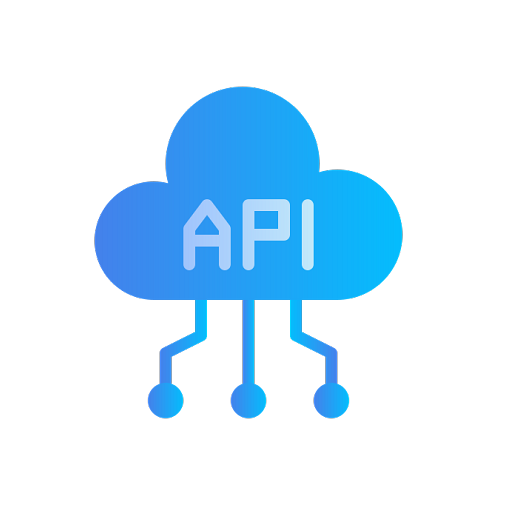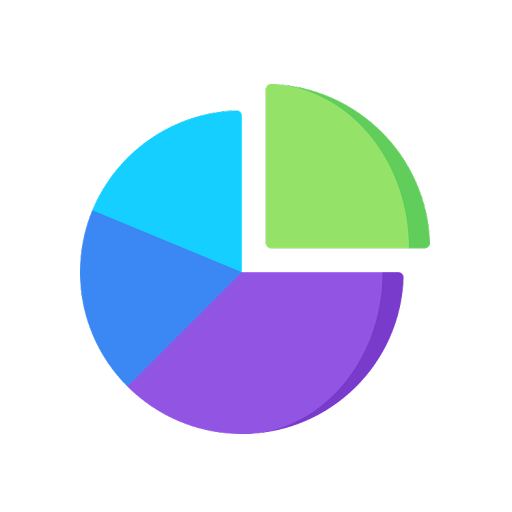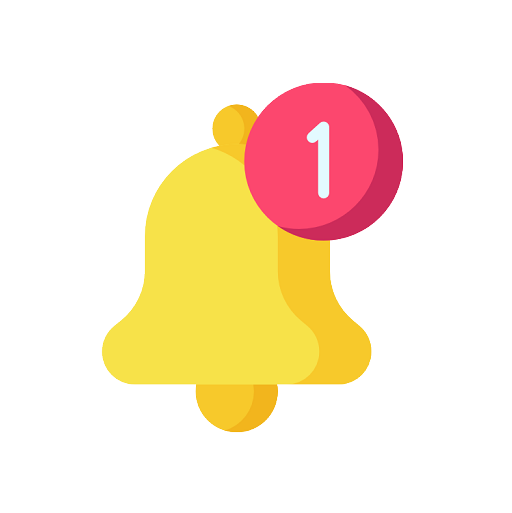



Report Builder
Report Builder enables administrators, instructors, and course creators to generate custom reports and data visualizations to gain insights into various aspects of their TEACHUME courses…

Course Progress Tracking
Course progress tracking in TEACHUME refers to the functionality that allows both learners and instructors to monitor and assess a learner’s progress within a specific…

Notifications
In TEACHUME, “notifications” refer to messages or alerts that are generated by the system and sent to users to inform them of important events, updates,…
